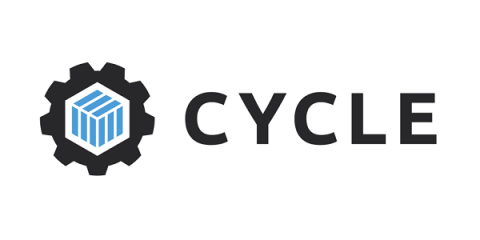EKS vs Cycle: Comparing Control Planes
Looking for Kubernetes alternatives? You've come to the right place. In this article I'm diving into Amazon EKS vs Cycle and learning more about the differences in the control plane. Not what you're looking for? Here are 3 more Kubernetes alternatives articles from our blog.


